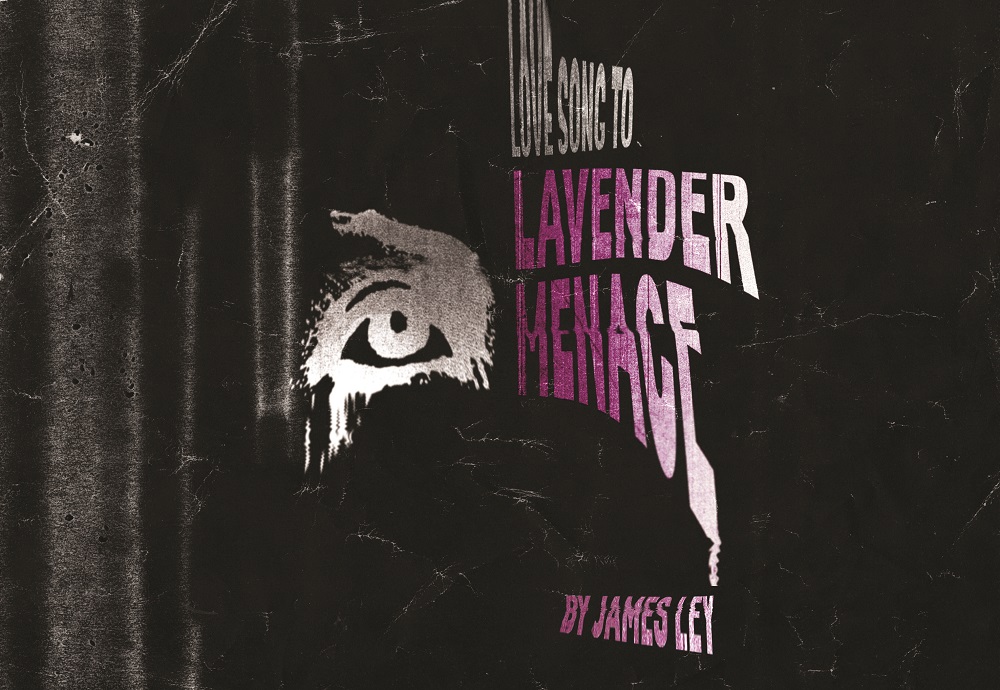The past is another country and this two-hander looks back to 1982. A time of mix tapes, Hi-NRG discos, Letraset and Gestetner duplicators. A time when a newsletter was a piece of folded A3 that came in the post and not something pinged to your inbox. A time when Edinburgh’s major high street bookshop refused to stock gay titles but happily sold the deeply racist Little Black Sambo in the interest of “freedom of expression”.
It was into this environment that Scotland’s first gay/feminist/radical bookshop Lavender Menace opened and sold imports, health guides and novels not available elsewhere. Bob and Sigrid, its founders, started with a stall in the cloakroom of the capital’s gay disco Fire Island (selling EM Forster and Virginia Woolf to the tunes of Sylvester and Laura Branigan). By supreme irony, three decades later the same building now houses Scotland’s flagship branch of the Waterstones chain which helped put the final nail in the coffins of so many independent booksellers.
Love Song is a remembrance of this time past. It was a real act of daring to open the first gay bookshop in a basement on Forth Street. The staff had to remove the Lavender Menace shop sign at close of business so it wouldn’t get trashed. This was a world of closet queens and loud and proud activists; a period when gay men and lesbians had to lead pride demos, demand equal rights and write to MPs; an age scarcely imaginable to today’s millennials.
The story is full of the struggle, not just for gay rights post-1980’s decriminalisation. It was an era when Margaret Thatcher ridiculed people’s “inalienable right to be gay”, when AIDS threatened the gay community like nothing else and Section 28, a piece of criminalising legislation, made many in the LGBT community feel horribly under threat. The blandness of today’s homogenous culture is thrown into sharp relief.
From this rich fabric is woven a story that’s real, true, funny and heartbreaking. When the closet case – a real contrast to the jazz-hands gays (the excellent Matthew McVarish and Pierce Reid) in the bookshop – agonises about his life, the play takes on a different dimension and becomes far richer. For many gay people back then, the “non-scene” aspect of a gay bookshop (and its mail order business) was a real lifeline.
The set (Mamoru Iriguchi) features cleverly illuminated books like votive candles. On the other hand, director Ros Philips has a tricky job in shaping the piece to keep so many diverse elements and trains of thought packaged up neatly. The surreal juxtaposition of selling literature in the cloakroom of a nightclub has hilarious possibilities that don’t seem fully explored. Having said that, there’s still some fine writing here from James Ley, like the extended riff between the two bookshop boys about the merits and demerits of James Baldwin’s Giovanni’s Room. Occasionally the action becomes oddly unfocused like a series of interconnected sketches, yet clearly there is a little piece of theatre magic here screaming and clawing to come out.
Upon exiting the theatre, the Princes Street Waterstones is all lit up, the old 80s disco hit “Hands Up” by Ottowan playing loudly from somewhere and Edinburgh castle is floodlit in a deep shade of lavender. Yes, the past is another country.
